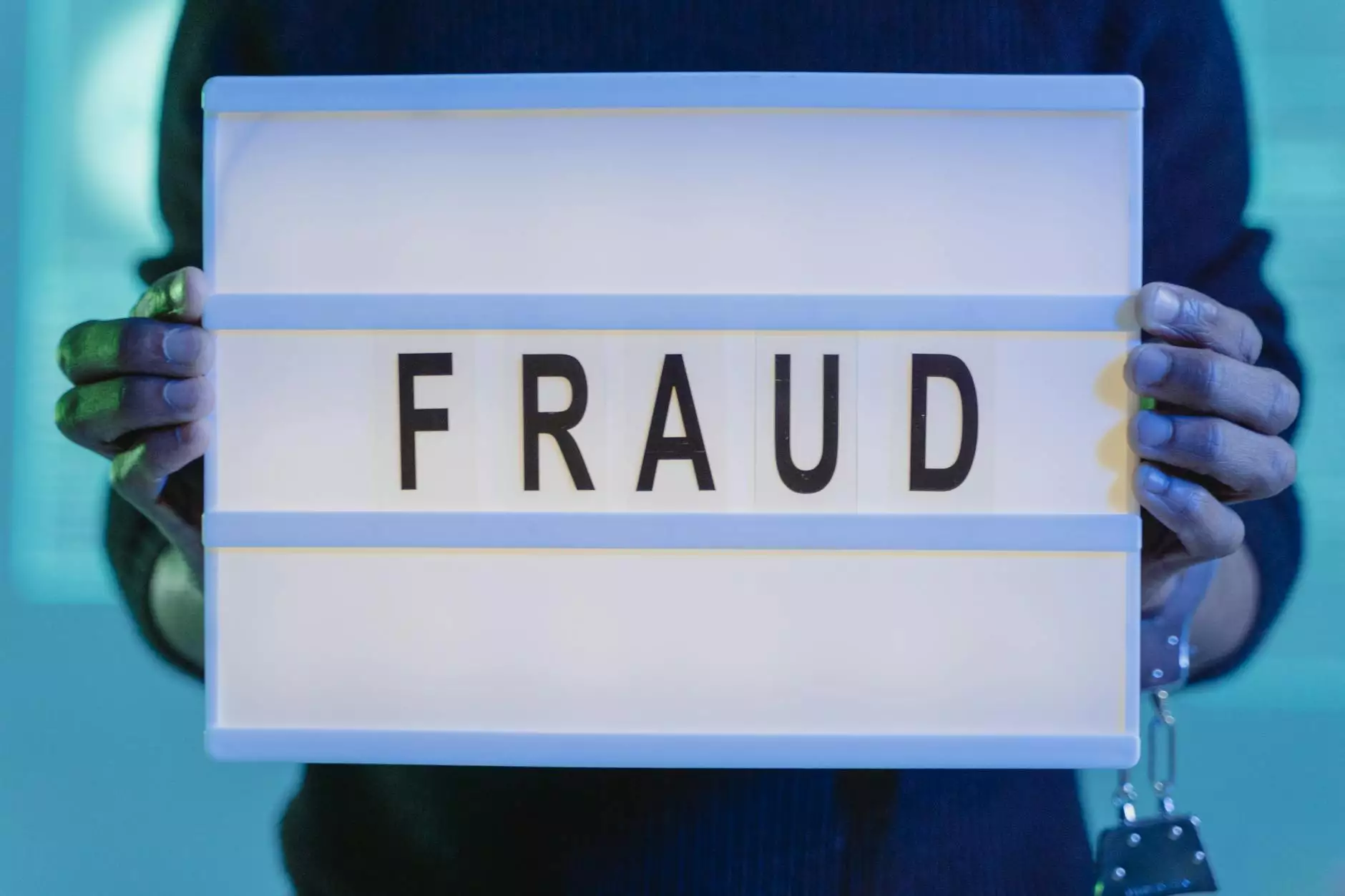The Role of a Fake Birth Certificate in Today’s Business Environment

In the modern business landscape, the demand for various documents has evolved significantly. Among these, the term "fake birth certificate" often comes up in discussions surrounding identity verification, legal document procurement, and educational advancements. While the notion of a fake birth certificate may carry a negative connotation, its application in legitimate contexts is essential to understand. This article delves into the various dimensions of fake birth certificates, their implications, and their role within the broader scope of Education and Professional Services.
Understanding Fake Birth Certificates
A fake birth certificate is a document that mimics a legitimate birth certificate but is not issued by an official governmental body. These documents can vary significantly in quality, intent, and legality. Typically, they are created for various reasons, which can be both ethical and unethical. Understanding the nuances of each context is crucial for businesses that encounter this terminology.
The Legitimate Uses of Fake Birth Certificates in Business
While the term "fake" often suggests illegitimacy, not all uses of a fake birth certificate fall into negative categories. Here are several contexts where fake birth certificates can serve legitimate purposes:
1. Education and Enrollment
Education providers may require birth certificates for enrollment. In cases where records are lost or the child was born in an unofficial capacity (for example, in a home birth), a fake birth certificate constructed with accurate details can facilitate a child’s entry into school. This use is particularly prevalent in areas where educational institutions are stringent about documentation but where obstacles to obtaining physical copies exist.
2. Identity Protection
Some individuals may need a fake birth certificate to protect their identities. This could be relevant in cases of domestic violence or other scenarios where safety is a concern. Here, a fake birth certificate can allow individuals to establish new identities without risking exposure or danger.
3. Professional Services and Employment
Within professional services, some industries may demand proof of age or identity. In situations where individuals have been unable to retrieve their original documents or require an updated format, a factual but non-official document may suffice to open doors for job opportunities or professional registrations.
Ethical Considerations Surrounding Fake Birth Certificates
The use of fake birth certificates also raises significant ethical questions. While there are situations where they can aid individuals in legitimate pursuits, the potential for misuse is substantial. For instance, utilizing a fake birth certificate for identity fraud, insurance claims, or illegal immigration poses serious risks, both legally and socially.
Legal Implications
Obtaining or using a fake birth certificate for fraudulent activities can lead to severe legal consequences. Businesses should exercise caution when dealing with documents of this nature, ensuring that they comply with relevant laws and regulations. It is imperative for organizations to develop robust verification systems to distinguish between legitimate documents and forgeries.
Cultural and Social Impact
The prevalence of fake documents, including birth certificates, can erode trust in businesses and institutions. Companies must take a firm stance against the misuse of fake documents to uphold their integrity and maintain public confidence. By enforcing strict documentation protocols, businesses can mitigate the risk of cultural and social repercussions stemming from document fraud.
How to Navigate the Challenges of Fake Birth Certificates in Business
Businesses operating in fields requiring extensive documentation must implement clear strategies for dealing with the challenges associated with fake birth certificates.
1. Implementing Verification Processes
To ensure compliance and maintain the integrity of documentation, businesses should develop comprehensive verification processes that include:
- Robust Document Checks: Establish a system for verifying the authenticity of birth certificates and other sensitive documents.
- Employee Training: Train employees on how to identify suspicious documents and the signs of forgery.
- Collaboration with Authorities: Work with local government bodies and legal professionals to stay informed about document authenticity standards.
2. Establishing Clear Policies
Businesses should formulate clear policies dictating how to manage cases involving possible fake birth certificates. This includes:
- Protocols for Reporting: Outline steps employees should take to report suspected fraudulent documents.
- Disciplinary Actions: Set forth consequences for knowingly using or accepting fake documents in the workplace.
Alternatives to Fake Birth Certificates
For individuals who find themselves in situations where they feel a fake birth certificate is necessary, there are often alternative pathways to achieving their goals without resorting to questionable practices. Some of these include:
1. Obtain a Replacement Birth Certificate
Many regions allow individuals to apply for a replacement birth certificate, which is a legally sanctioned document that provides the same benefits as the original. Individuals facing challenges in obtaining their birth certificates should explore this option first.
2. Utilize Affidavits or Legal Declarations
In some cases, individuals may be able to use sworn affidavits or legal declarations that outline their birth details and context, providing legitimate proof in places where a birth certificate is required.
3. Seek Legal Advice
For complex situations, seeking legal counsel can be a beneficial step. Legal professionals can provide guidance on the best course of action and ensure that individuals do not inadvertently engage in illegal activities.
Conclusion: Navigating the Landscape of Fake Birth Certificates
In summary, the discussion around fake birth certificates is multi-faceted, encompassing legitimate uses, ethical considerations, and the potential for misuse. While there are scenarios where such documents can be employed beneficially, it is essential for businesses and individuals alike to navigate this landscape with caution. By implementing strict verification measures, establishing clear policies, and providing law-abiding alternatives, businesses can protect themselves while also upholding integrity in their operations.
Ultimately, understanding the implications of fake documents within the professional realm enables companies to develop strategies that enhance their authenticity and reliability, resonating positively with clients and stakeholders alike.



